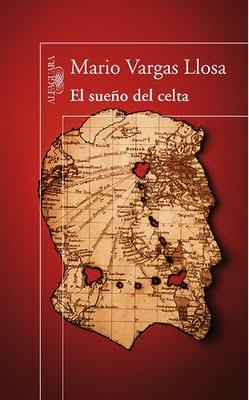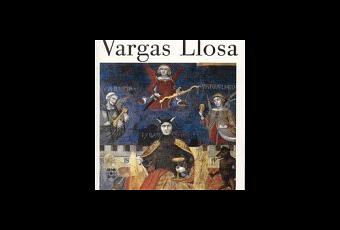

They also suggest aspects of the controversy that has surrounded Roger Casement’s personality and actions, and allow us to see, again, how polarized the public opinion has been and still is as Vargas Llosa writes in the epilogue of the novel, “It’s not a bad thing that a climate of uncertainty hovers over Roger Casement as proof that it is impossible to know definitively a human being, a totality that always slips through the theoretical and rational nets that try to capture it.” This epigraph belongs to no less than William Butler Yeats from his poem “Roger Casement”:Īs such, these two occurrences in the paratextuality of the novel prepare us as readers for its contents in the manner Vargas Llosa has interpreted and recreated Casement’s biography. Obviously I am referring to the two sides of Casement’s life, both as a public figure and a private citizen, as well as to the way the Peruvian author delivered his final interpretation on Casement’s sexual life in his novel.Ī second epigraph, this time upon opening the epilogue of the book, seems to indicate a straightforward and sympathetic message by a friend, one that counterbalances the doubleness expressed in the first epigraph. Yes, of course, we struggle with our contradictions and incoherent life on a daily basis, but isn’t that precisely what defines us as humans? However, if one then takes the use Vargas Llosa makes of Rodó’s words at face value, it will result in a conclusive examination of the fictionalized Roger Casement that historians may find disturbing.

If one gives the Peruvian author the benefit of the doubt, we may interpret the phrase “astonishing contrasts” as something related to a character particularity inherent to every rational being, that which reduces our existential condition to the most human of all mammals.

José Enrique Rodó, Motives of Proteus Ī crude interpretation of this epigraph could go as follows: according to Rodó’s words and Vargas Llosa’s use of them, men are at best creatures with double or multiple personalities, and at worst, with personalities so diverse and antithetical that they can be shocking. And these successive personalities that emerge one from the other tend to present the strangest, most astonishing contrasts among themselves. The epigraph before the beginning of Mario Vargas Llosa’s biographical novel The Dream of the Celt has the effect of an implacable judgment:Įach one of us is, successfully, not one but many.


 0 kommentar(er)
0 kommentar(er)
